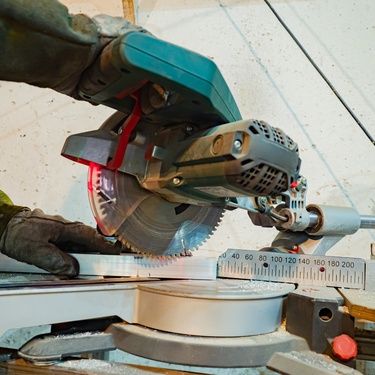
Running a welder shop demands efficiency, precision, and high-quality outcomes. Your project’s success heavily depends on the equipment you use, whether you’re crafting automotive panels or tackling intricate custom fabrications. Having the right tools is essential for accuracy, safety, and streamlined workflows, with sheet metal demanding particular attention to detail.
Below, we’ll explore tools every welder shop needs for sheet metal projects, highlighting how each one can revolutionize your shop’s capabilities.
Cutting Tools: Precision Starts Here
Often, cutting is the first step in sheet metal fabrication, and the quality of your initial cut sets the tone for the entire project. Manual and electric shears are foundational tools for achieving clean, straight cuts. They offer excellent versatility for quick jobs, especially when handling thinner metal sheets.
Horizontal band saws become indispensable for larger or thicker stock. These machines deliver accurate and efficient cuts, even when working with bulkier materials. Many fabricators rely on them for standard use due to the common applications for horizontal band saws across lower-gauge and structural metals, making them a smart addition to any well-equipped welder shop.
Forming Tools: Shape With Accuracy
After cutting, crafting the desired shape of the metal is the next challenge. Sheet metal brakes and similar tools are must-haves if your projects involve precise bends or complex angles. These brakes allow you to bend metal panels seamlessly, making them a staple in custom fabrications and auto body repairs.
Similarly, slip rolls are critical for shaping cylinders and curves in various sheet metal gauges, enabling designs that would otherwise be impossible. These forming tools ensure that whether you’re shaping panels or crafting cylindrical components, the results are consistently professional.
Joining and Assembly Tools
No sheet metal project is complete without securely joining components, and welders are the backbone of this step. Different welders suit a variety of metal thicknesses and application needs, from MIG to TIG welding. However, spot welding machines provide a reliable alternative for thin sheets where heat might distort the material.
On the other hand, riveting tools offer flexibility by joining dissimilar metals without applying heat. These tools are especially handy for quick assembly jobs or projects requiring additional structural integrity without compromising the material.
Finishing Tools: Smooth and Polish
The final touches define the overall quality of a project. Grinders and sanders are essential for surface preparation, ensuring the sheet metal retains a smooth, polished finish before final use. Equally important are deburring tools, which remove sharp edges, improving your work’s safety and aesthetics. These tools mark the difference between a rough prototype and a polished, professional-looking product.
Invest in the Right Tools Every Welder Shop Needs for Sheet Metal Projects
Investing in the right tools every welder shop needs for sheet metal projects sets the foundation for success. You can improve your shop’s output and expand your capabilities by equipping your shop with essential cutting, forming, joining, and finishing tools. Build a toolkit designed for expert sheet metal work to enhance precision, safety, and efficiency.
Bio: Casey is a passionate copyeditor highly motivated to provide compelling SEO content in the digital marketing space. Her expertise includes a vast range of industries from highly technical, consumer, and lifestyle-based, with an emphasis on attention to detail and readability.




















